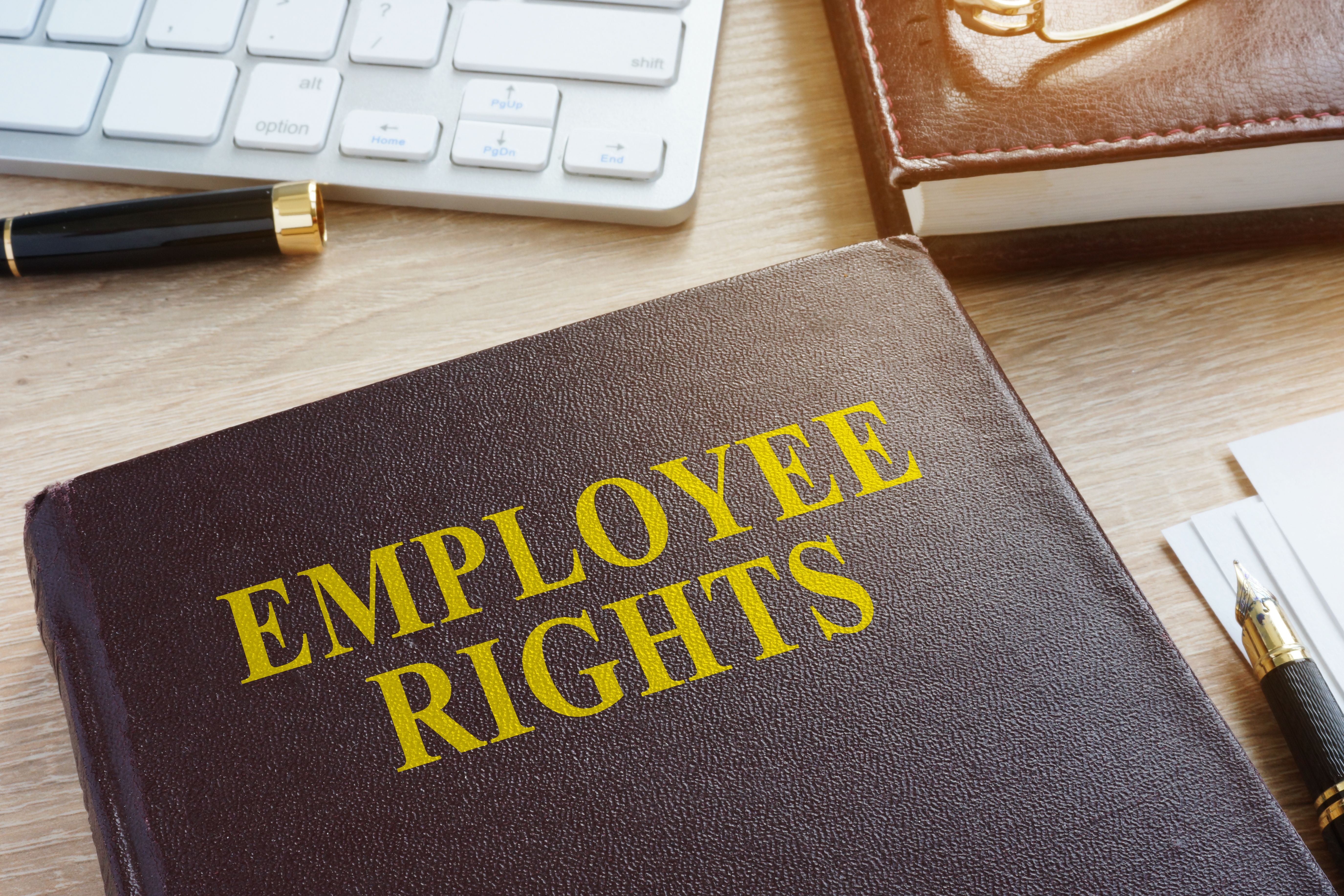Understanding the Employee Polygraph Protection Act
Introduction to the Employee Polygraph Protection Act
The Employee Polygraph Protection Act (EPPA) is a significant piece of legislation in the United States that regulates the use of lie detector tests in the workplace. Enacted in 1988, this law was designed to protect employees from unwarranted intrusion into their personal lives and to promote fair employment practices. Understanding the EPPA is crucial for both employers and employees to ensure compliance and protect their rights.

What the EPPA Covers
The EPPA generally prohibits most private employers from using lie detector tests for pre-employment screening or during the course of employment. This includes barring employers from directly or indirectly requiring, requesting, suggesting, or causing any employee or job applicant to take a polygraph test. Additionally, employers are not allowed to discharge, discipline, discriminate against, or deny employment or promotion to anyone who refuses to take a test.
There are, however, specific instances where polygraph tests may be permitted. These exceptions include certain security service firms and pharmaceutical manufacturers, distributors, and dispensers. Even in these cases, strict guidelines govern how and when these tests can be administered.
Employer Compliance Requirements
To comply with the EPPA, employers must display an EPPA poster in the workplace that explains the act's provisions. Employers are also required to keep detailed records if they conduct polygraph tests under one of the exceptions. This includes the reasons for testing, how it relates to the job, and any relevant incident justifying the test.

Failure to comply with the EPPA can result in significant penalties, including fines and legal action. Therefore, it's vital for businesses to understand their obligations under this law and to ensure that any polygraph testing conducted is lawful and appropriate.
Employee Rights Under the EPPA
The EPPA provides employees with several important rights. Employees cannot be forced or coerced into taking a polygraph test, nor can they be subjected to adverse actions if they refuse. If a polygraph test is conducted under an exception, employees have the right to written notice outlining the specifics of the test and their rights under the Act.
Additionally, employees are entitled to consult with legal counsel or an employee representative before and after the test, and they can terminate the test at any time.

Impact and Implications of the EPPA
The EPPA has had a profound impact on employment practices in the United States. By limiting the use of polygraph tests, the Act helps protect employee privacy and promotes trust between employers and their workforce. It also encourages businesses to rely on more objective methods of assessing candidates and employees, contributing to fairer hiring practices.
For employees, understanding the protections offered by the EPPA empowers them to know their rights and take appropriate action if those rights are violated. This knowledge is crucial in fostering a transparent and equitable workplace environment.
Conclusion
The Employee Polygraph Protection Act plays a critical role in shaping ethical employment practices by restricting the use of lie detector tests in most situations. Both employers and employees need to be aware of its stipulations to ensure compliance and protect individual rights.
By adhering to these guidelines, businesses can cultivate a more trustworthy atmosphere while safeguarding themselves from potential legal repercussions. Employees, on their part, can feel more secure knowing that their privacy is respected and upheld under this important legislation.